Is Your Fuel Filter Bad? How to Identify
Diagnosing Fuel Filter Malfunctions: A Comprehensive Guide
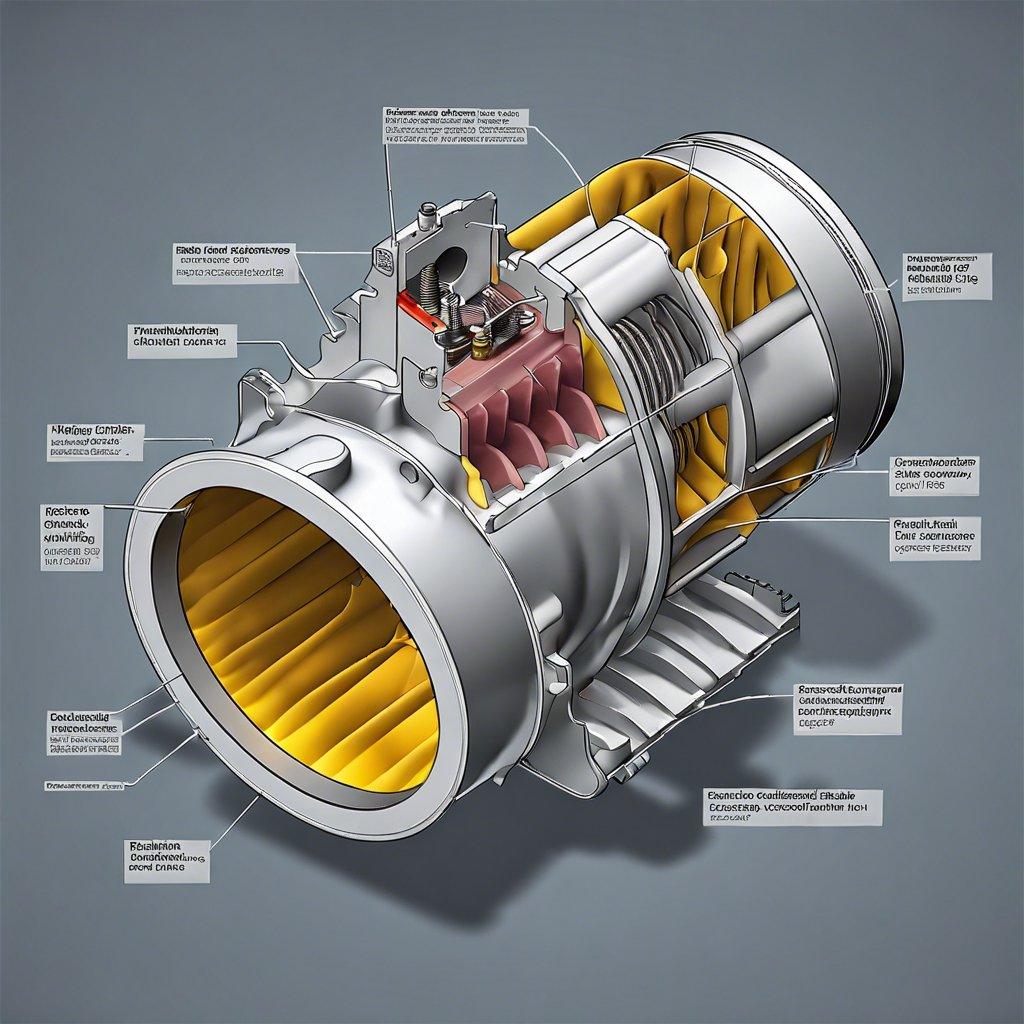
Understanding the Role of the Fuel Filter
The fuel filter plays a vital role in the proper functioning of a vehicle’s engine. Its primary purpose is to remove impurities and contaminants from the fuel before it reaches the engine, protecting critical components from damage and ensuring optimal performance. When a fuel filter is malfunctioning, it can lead to a range of issues that can significantly impact the vehicle’s performance and reliability.
Symptoms of a Bad Fuel Filter
Identifying a malfunctioning fuel filter can be crucial in preventing further damage and ensuring the smooth operation of your vehicle. Here are some common symptoms that may indicate a problem with the fuel filter:
- Decreased Fuel Efficiency: A clogged or restricted fuel filter can restrict the flow of fuel, leading to a decrease in fuel efficiency and increased fuel consumption.
- Difficulty Starting the Engine: A bad fuel filter can make it harder to start the engine, especially in cold weather or after the vehicle has been sitting for an extended period.
- Hesitation or Stalling: A malfunctioning fuel filter can cause the engine to hesitate, sputter, or even stall, particularly during acceleration or under heavy load.
- Reduced Engine Power: A clogged fuel filter can limit the amount of fuel reaching the engine, resulting in a noticeable loss of power and performance.
Diagnosing a Fuel Filter Issue
To accurately diagnose a fuel filter issue, it’s essential to perform a thorough inspection and testing procedure. This may involve the following steps:
| Step | Description |
|---|---|
| 1. Visual Inspection | Examine the fuel filter for any signs of damage, such as cracks, leaks, or excessive dirt and debris buildup. |
| 2. Pressure Testing | Measure the fuel pressure before and after the fuel filter to check for any significant pressure drop, which could indicate a blockage. |
| 3. Flow Rate Testing | Perform a flow rate test to ensure the fuel filter is allowing the necessary volume of fuel to reach the engine. |
| 4. Replacement Interval | Check the manufacturer’s recommended replacement interval for the fuel filter and replace it if necessary. |
Fuel Filter Replacement and Maintenance
If a fuel filter is found to be malfunctioning, it’s essential to replace it promptly to prevent further damage to the engine and fuel system. Always refer to the manufacturer’s recommendations for the appropriate fuel filter replacement interval and follow the correct procedures for safe and effective installation.
Regular maintenance of the fuel filter, including periodic inspections and timely replacements, is crucial in maintaining the overall health and performance of your vehicle’s engine and fuel system.
Fuel Filter Troubleshooting: Identifying the Root Cause
Understanding the Fuel Filter’s Role
The fuel filter is a critical component in any vehicle’s fuel system, responsible for removing impurities and contaminants from the fuel before it reaches the engine. A properly functioning fuel filter is essential for maintaining engine performance, fuel efficiency, and overall vehicle reliability.
Recognizing the signs of a malfunctioning fuel filter is the first step in troubleshooting and resolving the issue. Some common symptoms of a bad fuel filter include:
- Decreased fuel economy
- Difficulty starting the engine
- Stalling or hesitation during acceleration
- Rough idling or engine misfiring
- Reduced engine power or performance
Diagnosing a Fuel Filter Problem
To identify the root cause of a fuel filter issue, follow these steps:
- Visually inspect the fuel filter for any signs of damage, such as cracks, leaks, or excessive dirt buildup.
- Check the fuel pressure before and after the fuel filter to see if there is a significant pressure drop, which could indicate a clogged filter.
- Perform a fuel system diagnostic test to rule out other potential issues, such as a problem with the fuel pump or fuel injectors.
Fuel Filter Replacement
If the fuel filter is determined to be the root cause of the problem, it’s important to replace it with a high-quality, OEM-approved filter. Follow the manufacturer’s recommendations for the appropriate replacement interval, as neglecting to change the fuel filter can lead to more serious issues down the line.
| Fuel Filter Replacement Interval | Recommended Action |
|---|---|
| Every 30,000 to 50,000 miles | Replace the fuel filter |
| Immediately after a fuel system repair | Replace the fuel filter |
| If the fuel filter is clogged or damaged | Replace the fuel filter |
By following these steps and addressing any fuel filter issues promptly, you can help maintain the overall health and performance of your vehicle’s fuel system.
Optimizing Fuel Efficiency: Recognizing Faulty Fuel Filters
Diagnosing a Faulty Fuel Filter
A properly functioning fuel filter is crucial for maintaining optimal fuel efficiency in your vehicle. When the fuel filter becomes clogged or damaged, it can restrict the flow of fuel, leading to a range of performance issues. Recognizing the signs of a faulty fuel filter is the first step in ensuring your vehicle is operating at its best.
Reduced Fuel Efficiency
One of the primary indicators of a bad fuel filter is a noticeable decrease in fuel efficiency. As the filter becomes clogged, it becomes more difficult for fuel to pass through, forcing the engine to work harder to maintain the same level of performance. This increased strain on the engine can result in a significant drop in miles per gallon (MPG).
Difficulty Starting the Engine
A clogged fuel filter can also make it challenging to start your vehicle. When the engine is starved of fuel, it may struggle to turn over or take longer than usual to ignite. This issue can be particularly problematic in cold weather, as the thickened fuel has an even harder time passing through the restricted filter.
Hesitation and Stalling
Another common symptom of a faulty fuel filter is hesitation or stalling during acceleration. As the engine tries to draw more fuel, the restricted filter can cause the engine to stumble or even stall completely. This can be especially noticeable when merging onto highways or climbing hills.
Reduced Engine Power
A clogged fuel filter can also lead to a noticeable decrease in engine power. This is because the engine is not receiving the necessary amount of fuel to operate at its full potential. Drivers may notice a lack of responsiveness when pressing the accelerator, as well as a general decrease in overall engine performance.
Replacing the Fuel Filter
If you suspect that your fuel filter is causing issues, it’s important to have it inspected and replaced if necessary. Consult your vehicle’s owner’s manual for the recommended replacement interval, as well as the proper procedure for changing the filter. Neglecting to replace a faulty fuel filter can lead to more serious and costly engine problems down the road.
Maintaining Fuel Efficiency
By proactively monitoring the condition of your vehicle’s fuel filter and replacing it as needed, you can help maintain optimal fuel efficiency and engine performance. Regular maintenance and prompt attention to fuel system issues can go a long way in ensuring your vehicle operates at its best for years to come.
Fuel Filter Failure Detection: Strategies for Proactive Maintenance
Understanding Fuel Filter Functionality
The fuel filter plays a crucial role in ensuring the smooth and efficient operation of a vehicle’s engine. It is responsible for removing contaminants, such as dirt, rust, and other impurities, from the fuel before it reaches the engine. A well-functioning fuel filter helps maintain engine performance, improve fuel economy, and prevent premature wear and tear on critical engine components.
Identifying Fuel Filter Failure Symptoms
Recognizing the signs of a failing fuel filter is essential for proactive maintenance. Some common symptoms of a bad fuel filter include:
- Decreased fuel efficiency – As the filter becomes clogged, it restricts fuel flow, leading to a decrease in engine performance and fuel economy.
- Rough idling or stalling – A clogged filter can cause the engine to run rough, experience intermittent stalling, or have difficulty starting.
- Reduced engine power – A blocked fuel filter reduces the amount of fuel reaching the engine, resulting in a noticeable loss of power and acceleration.
- Difficulty starting the vehicle – A severely restricted fuel filter can make it challenging to start the engine, especially in cold weather conditions.
Proactive Fuel Filter Maintenance
To maintain optimal engine performance and prevent costly repairs, it is essential to practice proactive fuel filter maintenance. This includes:
- Regularly inspecting and replacing the fuel filter according to the manufacturer’s recommended schedule.
- Ensuring the use of high-quality fuel and additives to minimize the buildup of contaminants.
- Monitoring fuel system components for any signs of wear or deterioration.
Fuel Filter Replacement Procedure
When it is time to replace the fuel filter, it is crucial to follow the manufacturer’s instructions carefully. This typically involves:
- Locating the fuel filter, which is often accessible under the vehicle or in the engine compartment.
- Disconnecting the fuel lines and removing the old filter.
- Installing the new filter, ensuring proper orientation and secure connections.
- Priming the fuel system and checking for any leaks.
Proactive fuel filter maintenance is essential for ensuring the longevity and optimal performance of a vehicle’s engine. By understanding the symptoms of a bad fuel filter, implementing a regular inspection and replacement schedule, and following proper replacement procedures, you can maintain the health of your vehicle’s fuel system and prevent costly repairs.
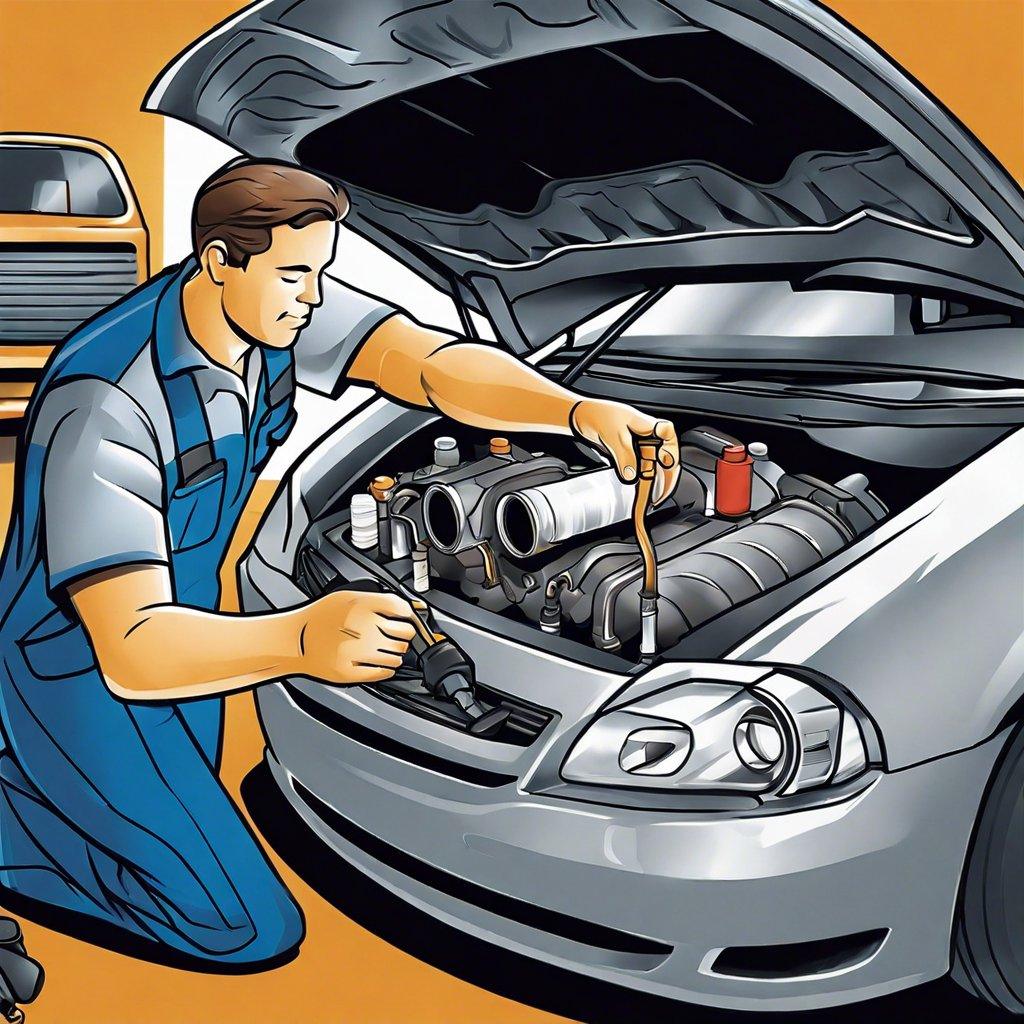
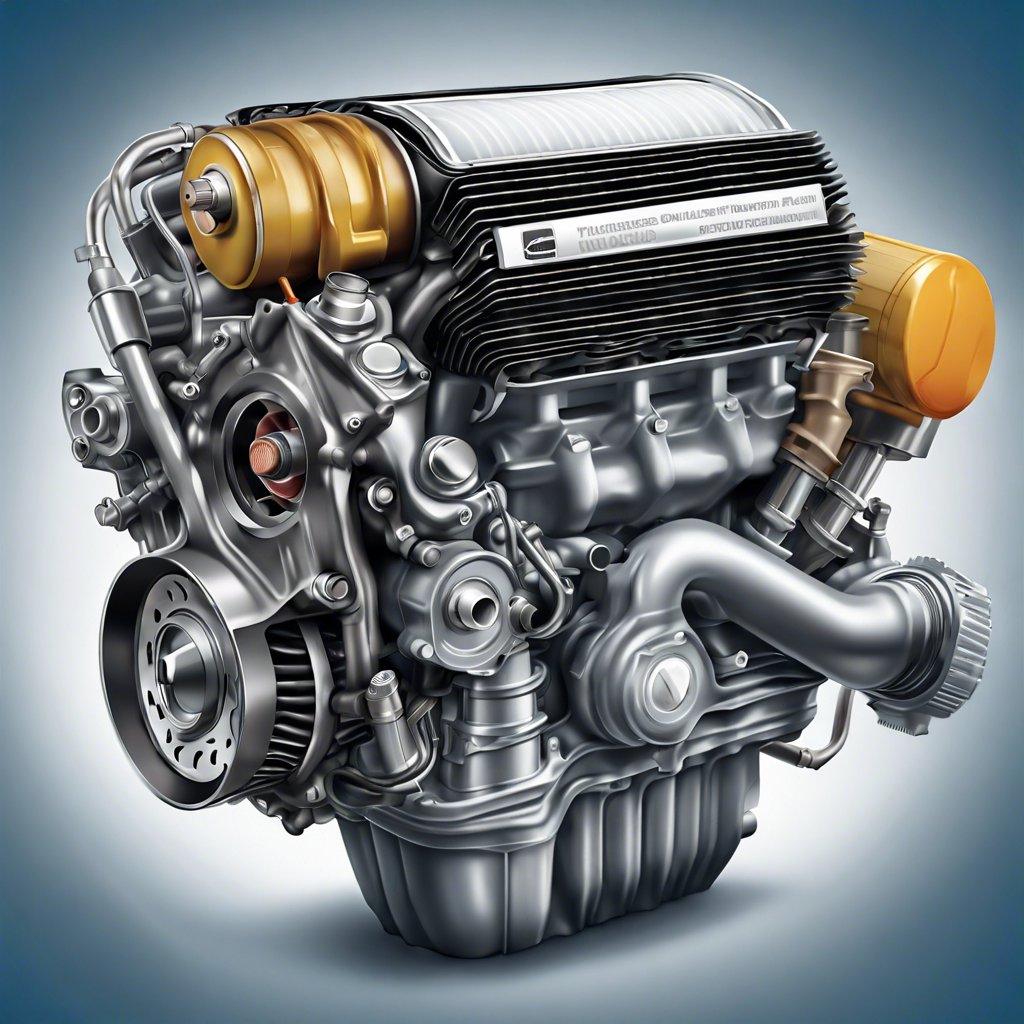
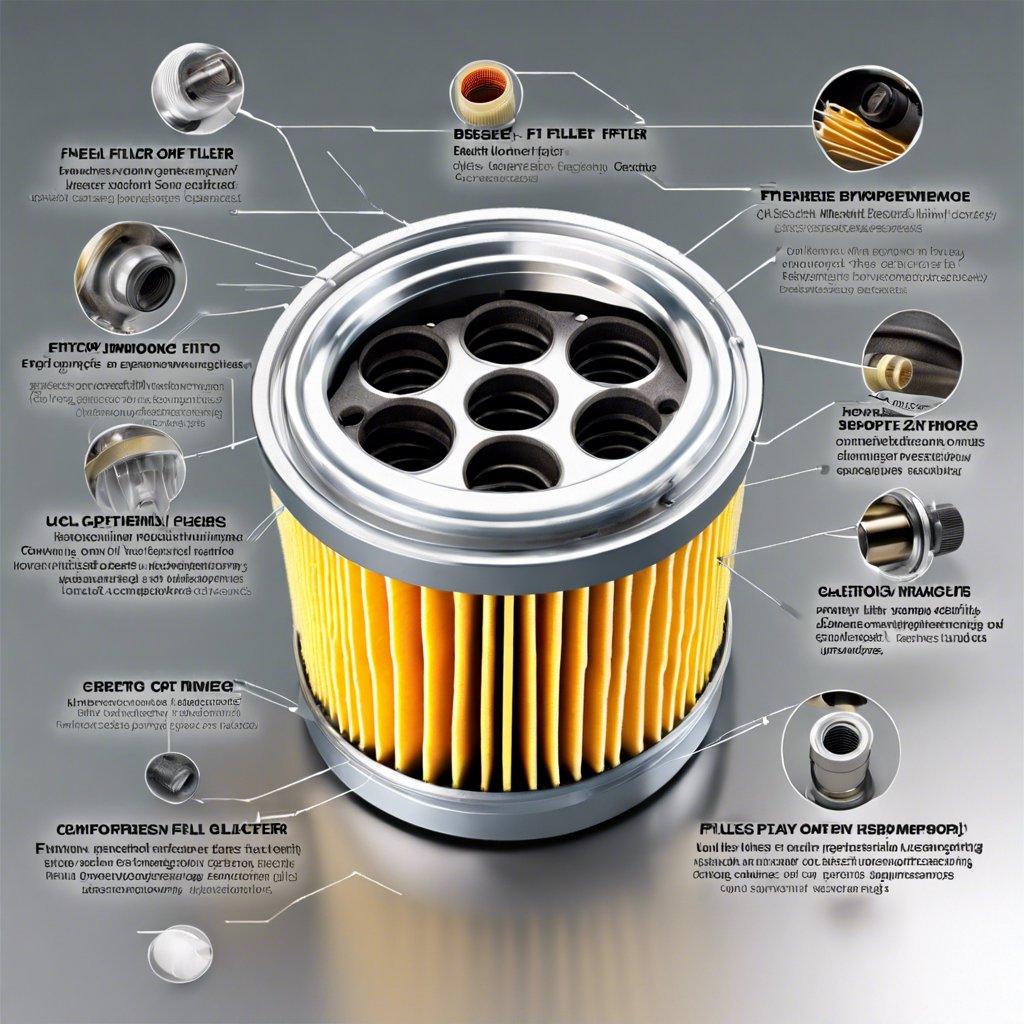
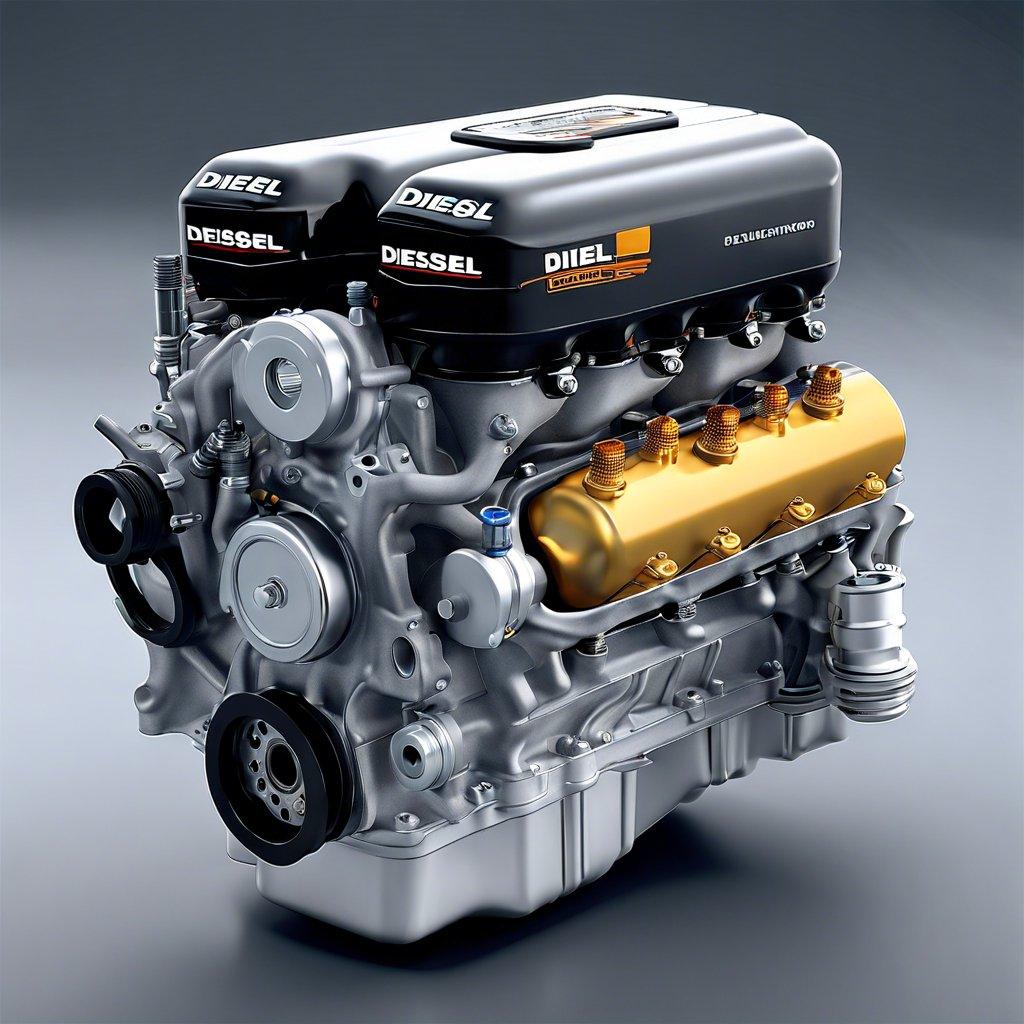
Post Comment